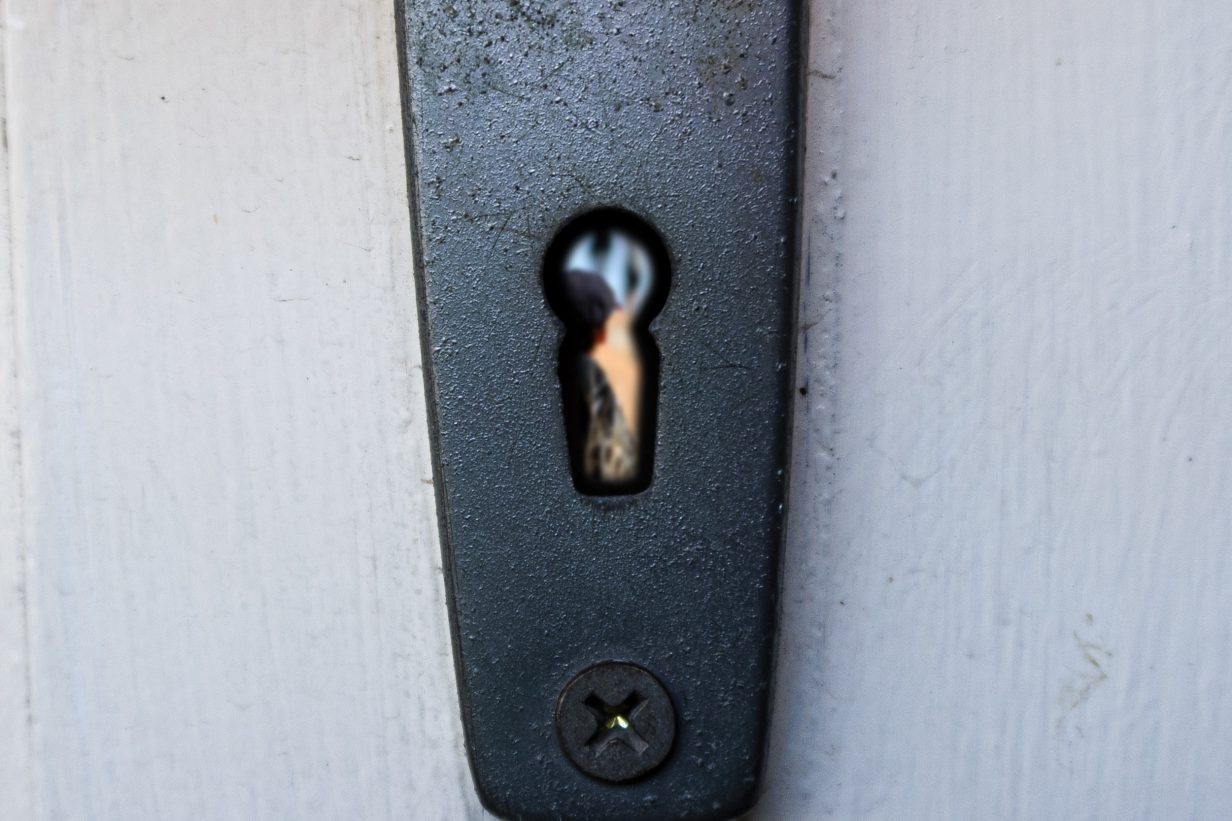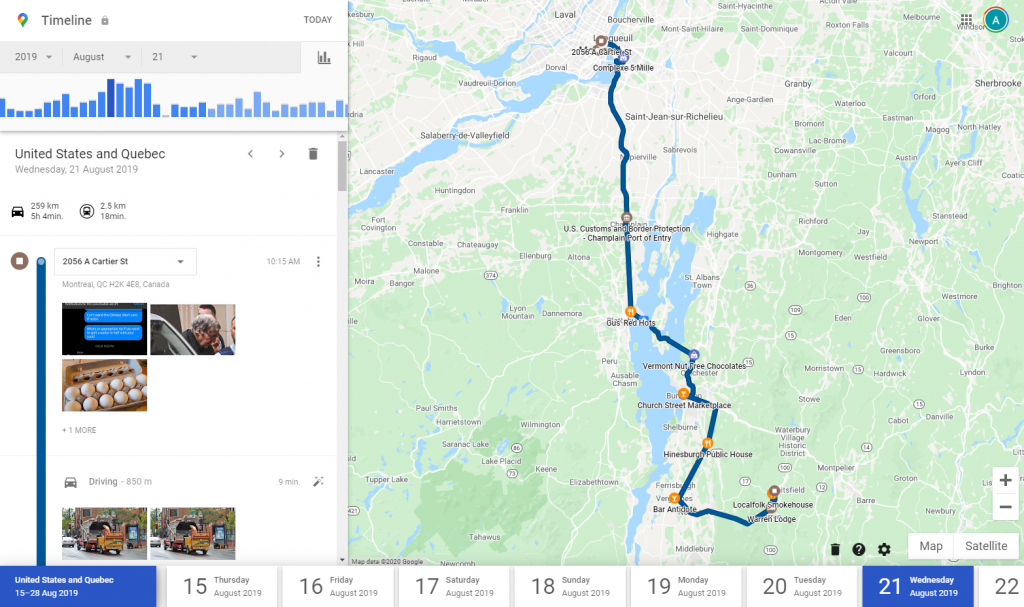
Illusions of Privacy
Reading Time: 5 minutesPeople seem to get very bent out of shape when it comes to privacy. Nothing demonstrates this more recently than the COVID-19 contact tracing app.
For background, the Australian contact tracing app, like most others, was based on the Bluetooth beacon protocol. Your device broadcasts an ID and other devices nearby receive this ID and broadcast their own. It has some neat features such as reasonable distance recognition between beacons and is generally anonymous.
This wasn’t what the technology was originally created for, and isn’t normally what it is used for either.
It was created for advertising and to track movement. The basic version is that your device would communicate with beacons without being prompted, and the beacon would track your distance from it. The idea is you’d place beacons within say, a retail store, and this would allow you to monitor foot traffic and give a better idea of how the store is utilised.
It has also been used in other applications, such as traffic lights, to track traffic movement. You’ve probably had this happen to you without you knowing at both traffic lights and at retail stores.
But I digress a little here, the point I’m making is that for the contact tracing apps, we used an existing technology that was reliable enough and was able to protect identities of people very well. It doesn’t record your physical location, just your proximity to others. It can tell if you’ve been near Joe Bloggs, but not where you met with Joe Bloggs.
But, of course, this kind of thing kicks up a stink with privacy people. People look at this as some sort of method for the government to control movement, or to track what you’re doing, or insert excuse here.
It really can’t do that. Not to a reliable degree anyway. It can only tell you if you were in proximity to someone. To know where you were in proximity to that person, someone has to actually answer the question.
Despite the amount of effort to make this app as anonymous as possible and to ensure that people are not scared, people still fear the technology.
Here in lies the problem, people’s understanding. It is with a lack of understanding that people fear apps such as the COVID-19 tracing app, but happily allow major companies to track your every movement without a problem.
Without making a lot of effort, you’re not safe from it.
Where Am I?
You have a mobile phone. Most of us do. You’re reading this blog too, which means you likely came from Facebook since that’s where I post a majority of my content.
My blog, for example, already tells me where people came from, what countries view my blog, things like that. I don’t really care that much because I write this for myself. But still, I have a bit of an idea who my readers are. I don’t track your name or anything but there’s plenty of tech out there that I could add that could do that.

Facebook is an example of tracking and analytics. Every time you like a page, view a website (linked from Facebook, or even when you’re not on Facebook), search a business, make a comment, it adds to your profile and defines your interests, location and all other things.
This is generally sold off to advertisers, or used by advertisers on their platform. If you’re in the market for a new computer (like I am) and you have been Googling that, you’ll notice that ads on other platforms, including Facebook, suddenly suggest laptops.

Facebook does give you the option, though, very limited, as to see why ads are being displayed and to control some of your data. If you actually look though, some of the ads aren’t being displayed on interests, they state a particular company uploaded data that contained your data to specifically target you.

In all cases, the companies, were companies I had nothing to do with, and no idea where they came from or what they did. I just magically appear on some advertising list by some random company, and that is worrying.

All knowing, all powerful Google. Google offers a lot of tools to advertisers to help target users. But what’s more interesting, is they offer a lot of tools to businesses and general users, to help them achieve things.
The search engine, is, at their core, one of the tools that they allow users from, again, is a form of tracking. You can learn a lot about what you search, such as products you like, places you go, the porn you whack off to.
Then there’s analytics. Google offers free analytics tools to website owners. All of this data is used by advertisers again, to learn more about you and to target you.
But most importantly, there’s Google Maps.
If you’ve installed Google Maps on your phone and you’ve not tinkered in the settings for a while. Google knows where you’ve been. It does a damn good job of tracking you too.

This is much better tracking than the COVID-19 app would ever provide, and it is installed on most Android devices.
But Government
Admittedly, these are private companies. Not government agencies. Though I’m not really sure why government agencies would be a bigger concern in a democratic country like Australia. If you were in DPRK or China or even Russia, sure, government having this data isn’t going to be great.
That said, who said they don’t have it? Who says they can’t access it? Governments can be really incompetent at times, but you also need to remember, governments have cash to blow on black hat cyber security.
If they really wanted this data, they can find a way to get hold of it. Google, Facebook, they’re not immune to the laws of the countries they operate in, and they are definitely not immune to the scale of cyber attack a nation state can launch against it if they really tried.
You openly give away your data every single day. The government dumbed down the capabilities it could have used on an app to satisfy the privacy concerns of the end users, most of which have no idea what privacy is these days or what information they happily give away so they can see cat pictures or get from A to B.


No Comments